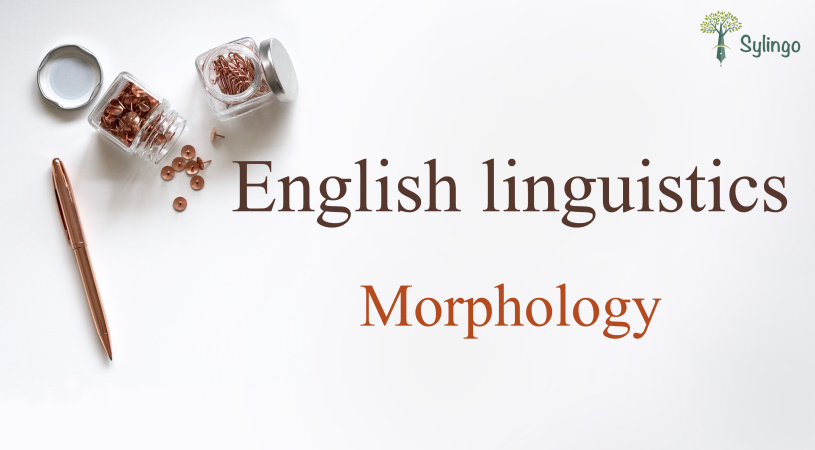Studying morphology helps to learn vocabulary much easier, as vocabulary is the main factor in learning any foreign language. We will address the relationship between the words and morphology in this lesson.
Word
The smallest independent unit of language.
Morpheme
The smallest unit of a word with a meaning.
Types of words
1- A simple word: It does not have an internal structure. It consists only of one morpheme and cannot be broken down into smaller parts because it loses its meaning, like run.
2- A complex word: It has an internal structure. It consists of more than one morpheme, and we can add suffixes or prefixes to a word and form a new one, such as fun/funny.
Types of morphemes
1- Free morpheme: It is one morpheme. It can be a root or base of a word that is not connected with a suffix or prefix, and it has a meaning, such as eat.
2- Bound morpheme: It consists of more than one morpheme. It can be a base that is attached to suffixes or prefixes to convey meaning, such as unhealthy.
In short, we can call a morpheme “word” if it is a simple word. But if it is a complex word, we do not call a morpheme “word” because it needs more than one morpheme.
Phrase
It is a group of words forming a unit that functions together to provide further information. It can contain a noun and a verb, but can not combine a subject and a predicate. A sentence is made of more than one phrase, so it does not occur alone.
There are several types of phrases (we are going to explain them in the next lesson):
- Noun phrase: example, The tall boy visited them.
- Verb phrase: example, He is standing there.
- Prepositional phrase: example, I put it on the table.
- Adjective phrase: example, She has silky dark hair.
- Adverb phrase: example, Later this morning, I went to the park.
Clause
It is a group of words functions together to produce a complete idea. It contains a subject and a verb and forms a coherent sentence.
There are several types of clauses:
- Independent/Main Clause: example, I read the story.
- Dependent/Subordinate Clause: example, When I was 9, I had an accident.
- Relative/Adjective Clause: example, I saw your friend, who has brown hair, yesterday.
These are the important ideas and concepts about morphology. If you have any questions or suggestions, you can share them in the comments section below.





